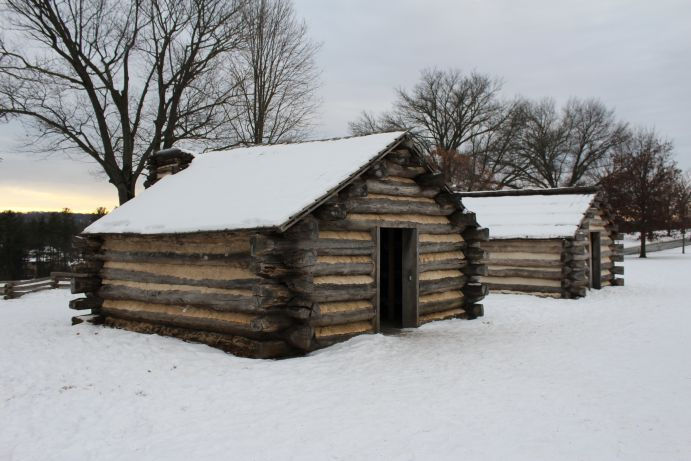Earning a Livelihood: Helen and Scott Nearing's Maple Sugar Business
- Anneliese Abbott

- Apr 24, 2025
- 3 min read

One of the couples most influential in teaching organic farming to the Baby Boomer generation was Helen and Scott Nearing. Thousands of hippies flocked to their Forest Farm homestead in Maine in the 1970s, eager to escape modern capitalistic society and live a simple, fulfilling life. A large percentage of these eager but naïve young people ultimately failed in their homesteading ventures, running out of money and eventually returning to the city. Some of them blamed their failure on the Nearings, claiming that they hadn’t been honest about their sources of income. But maybe part of the problem was that not all back-to-the-landers read The Maple Sugar Book.
A casual reader of The Maple Sugar Book, published by the Nearings in 1950, would probably not have suspected that Scott Nearing was a socialist so radical that his mail was being monitored by the FBI. That’s because the book is a practical business guide, mixed with history and philosophy. “We wanted to live solvently,” the Nearings explained. “That meant an annual budget that would cover a simple but adequate livelihood and show a surplus rather than a deficit.” When they moved to their first homestead in Vermont, they “discovered that we were in the heart of the Vermont maple country.” The prices their neighbors were getting for their wholesale maple syrup were too low to make a living, so the Nearings focused on value-added products and direct marketing.
Helen, the more artistic of the two, was likely the one who came up with creative ways to market their maple products. They bottled maple syrup in bottles “shaped like a prim New England matron” and called them “Sweet Old Ladies.” Harkening back to Native American tradition, they sold some of their maple sugar in birchbark cylinders called “mokuks.” To appeal to children, they made little shaped cakes of sugar, packaged in colored paper and labeled with whimsical names like “Little Man in the Woods,” “Three Rabbits Out Late,” and “Pigs in Clover.”
The maple business was extremely successful, especially when sugar was rationed during World War II. By selling maple products at a farm stand and local stores (along with some income from logs and cordwood) the Nearings were able to make enough money to build a new stone house on their farm—and, eventually, to move to an oceanside homestead in Maine. One of their neighbors called Scott “the best damn capitalist I ever met.”
Was Scott Nearing a hypocrite, preaching socialism while funding his homestead with capitalism? Not based on a careful reading of his books. Scott was not opposed to all business enterprises, only to “monopoly-capitalism” by big corporations. Small-scale, home businesses—as long as they stayed small—avoided the pitfalls of exploitation and injustice that big business was built upon. And true to his ideals, Scott made sure to keep the maple sugar business small. The Nearings turned down offers to sell their products at large department stores and chose not to start a mail order business because it would have gotten too big. “We have no intention of making money, nor do we seek wages or profits,” they wrote. “Rather we aim to earn a livelihood.”
The homesteaders of the 1970s who succeeded eventually learned that lesson for themselves—it’s impossible to earn a livelihood without a certain amount of income. Whether they realized it or not, back-to-the-landers who made a living from value-added products and direct marketing were following in the footsteps of the Nearings.



Comments